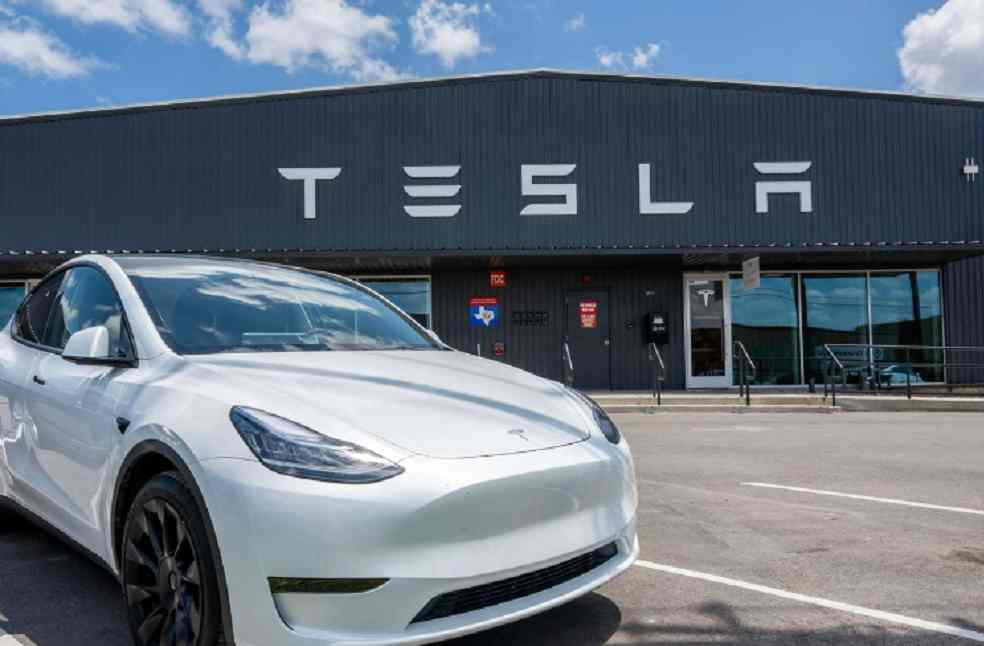Tesla and Polestar exit the Federal Chamber of Automotive Industries (FCAI), challenging the organization’s stance on forthcoming vehicle emissions regulations. This departure signals a deepening divide over environmental policies aimed at propelling the nation towards a sustainable future. The Australian government, under the centre-left Labor party’s direction, is pushing for vehicle efficiency standards to reduce carbon emissions and foster the adoption of cleaner transportation methods.
Volkswagen Australia voices concerns regarding Tesla and Polestar’s FCAI withdrawal, spotlighting the widening gap among car manufacturers over optimal approaches to addressing vehicle emissions. As a member of FCAI yet in defiance of its trajectory, Volkswagen endorses the government’s emissions standards proposition, advocating enhanced incentives for clean vehicle importers. This divergent position underscores a broader industry schism, pitting progressive environmental alignment against conventional lobbying efforts.

The core of the controversy lies in the government’s initiative to introduce vehicle efficiency standards by 2025, aimed at curbing emissions through penalizing importers of high-emission vehicles while rewarding those importing cleaner models. This strategy is pivotal for escalating electric vehicle presence on Australian roads and diminishing national emissions.
Polestar Australia’s departure from FCAI, closely following Tesla’s exit, stems from the lobby’s opposition to the regulatory framework, perceived as detrimental to public trust. Polestar contends that diluting or postponing these standards would relegate Australia to a receptacle for obsolete technology, transferring emissions burdens to other economic sectors. Tesla’s withdrawal, catalyzed by accusations against FCAI of propagating misinformation about the standards’ impact on car prices, further intensifies the debate.
The FCAI, defending its position, argues it cannot endorse a standard favoring premium vehicle owners at the expense of broader consumer choice and affordability. The organization highlights concerns that the government’s preferred emissions model will inflate costs and constrain options, particularly affecting the market for Australia’s favored pick-up trucks.

Australia’s position on the cusp of introducing fuel efficiency standards, aligning with global efforts to mitigate climate change, showcases a critical juncture for the automotive industry. The divergence between Tesla and Polestar’s environmentally forward stance and traditional industry lobbying encapsulates a broader shift towards sustainability within the sector.
This unfolding narrative poses profound questions for the automotive industry’s trajectory, both within Australia and globally. Will more automakers prioritize environmental standards, challenging industry consensus? How will lobbying entities adjust to escalating demands for cleaner vehicles and stricter emissions regulations?
DON’T MISS | US-China Auto Trade Tensions Rise: Experts Warn of Global Setback





